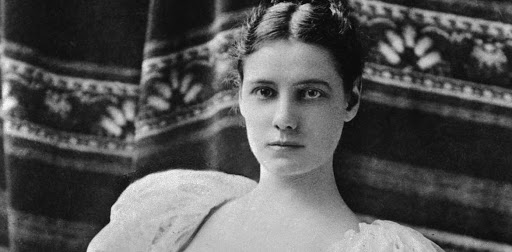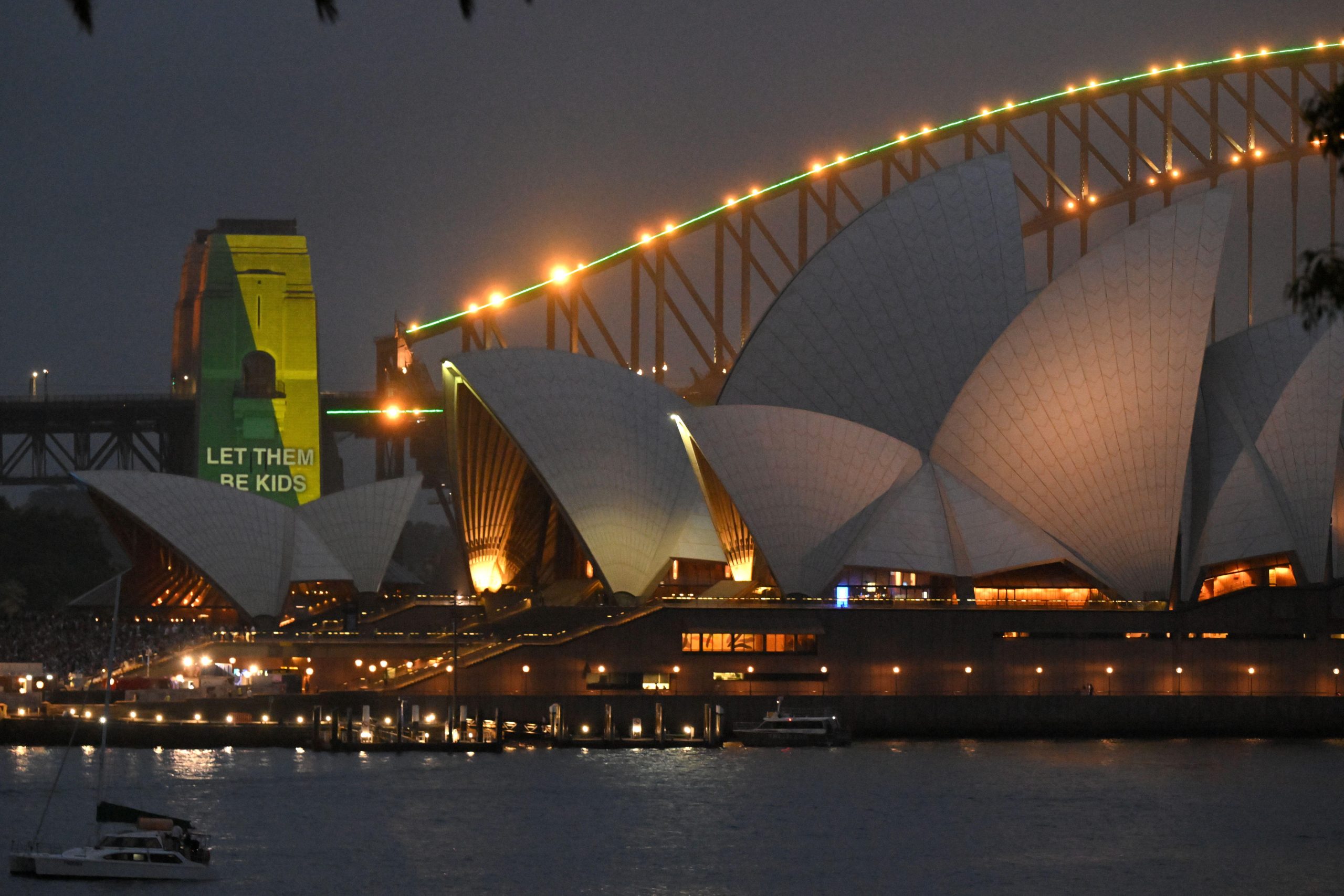[vc_row][vc_column][vc_single_image image=”116379″ img_size=”full”][vc_column_text]I was a teenage journalism student when I first discovered the magnificent Nellie Bly.
It was my first week at university in Northern Ireland and my tutor handed each person in our class a list of suggested books to read for the upcoming term.
When scouring the shelves of the campus library, I stumbled across ‘Cupcakes and Kalashnikovs’, a book which, 15 years later, I still pick up and flick through when I need a dose of inspiration.
Put together by the wonderful Eleanor Mills and Kira Cochrane, it is one of the first detailed collections of groundbreaking and history-making journalism by women over the last 100 years.
It includes powerful pieces such as Martha Gellhorn’s ‘Dachau’; Audre Lorde’s haunting ‘That Summer I left Childhood was White’ and the late Ruth Picardie’s deeply emotive, and last ever, Observer column, ‘Before I Say Goodbye’.
It was in this breathtaking anthology that I found Nellie, a fierce female who trailblazed her way through newspaper journalism and paved the way for female investigative reporters around the world.
Born Elizabeth Jane Cochrane in 1864, she began her career after her parents’ deaths by writing a letter to the editor of the Pittsburgh Dispatch.
That letter – signed simply ‘Lonely Orphan Girl’ – piqued George Madden so much, he immediately hired her.
It was Madden who suggested she change her name to Nellie Bly, taken from a popular Stephen Foster song at that time, and the rest, they say, is history.
From the moment she entered journalism, Nellie refused to conform.
Instead of writing about society gatherings and parties, a genre many women journalists were pigeonholed at that time, she sunk her teeth into social issues affecting women, from divorce laws to factory working conditions.
When working for the New York World in 1888, she feigned insanity to be committed into an asylum where she lived side by side with vulnerable women to expose the horrific, rat-infested and abusive conditions they were incarcerated in.
Her fearless piece, ‘Ten Days in a Madhouse’ led to the City of New York spending an extra $1,000,000 per annum on the care of those with serious mental health issues. She risked her freedom and her welfare for the truth.
She saw it as a small price to pay to highlight injustice, particularly for women who at that time didn’t even have the right to vote.
It’s been over 100 years since Nellie Bly penned her last article, but the bravery, tenacity, and resilience she showed back then still inspires me today.
In her own words: “I said I could and I would. And I did.”
Timeless.[/vc_column_text][/vc_column][/vc_row]





